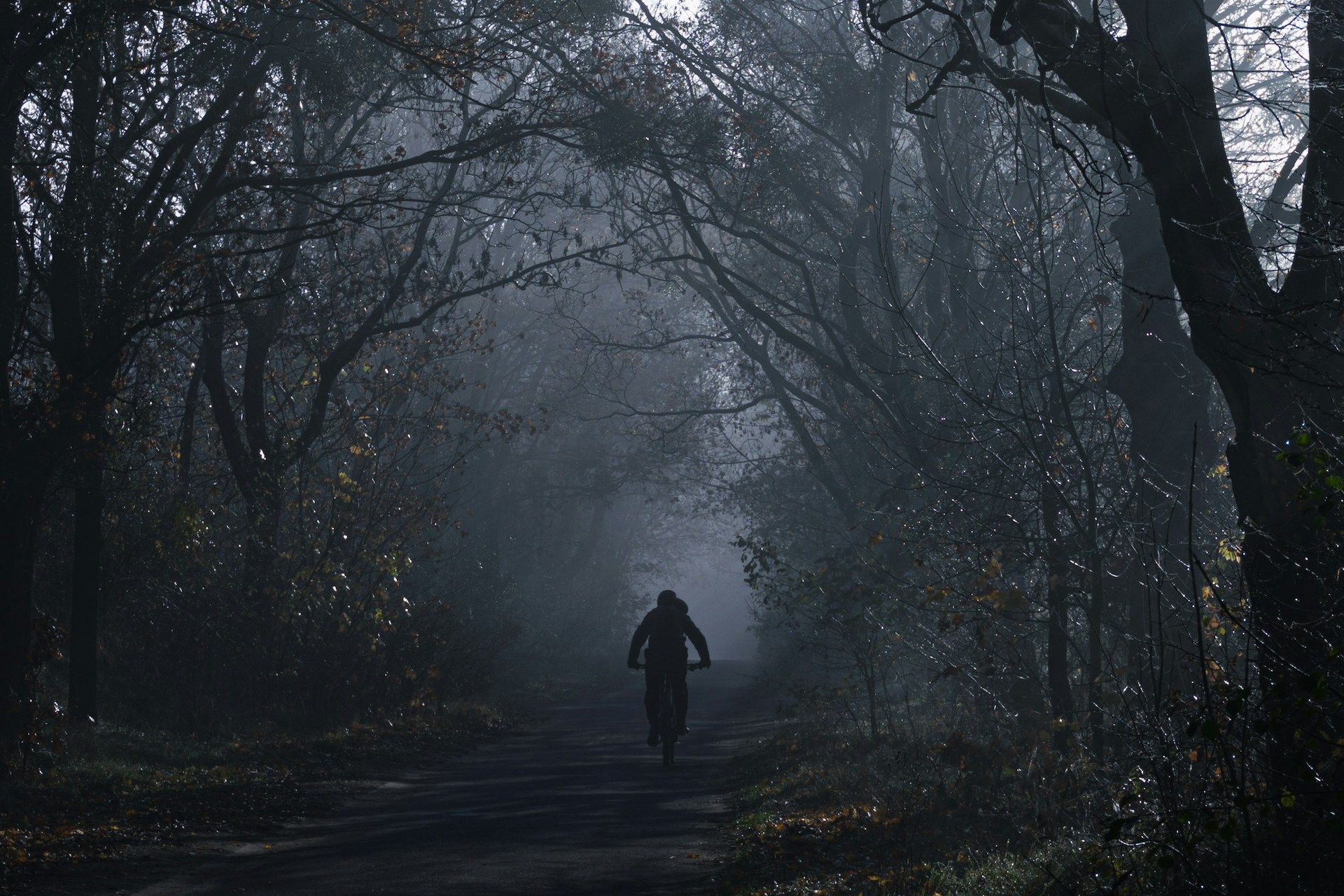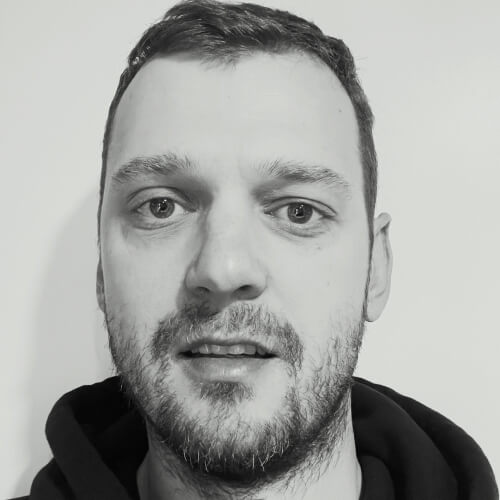Here’s how I know I’m missing cycling. When I peer under my desk and catch a glimpse of my indoor trainer – barely used for the past couple years, steadily gathering dust – I get a pang of excitement about the idea of riding Zwift.
In normal circumstances, I’d rather ride in the cold and rain, or, more likely, not at all. But these aren’t normal circumstances. Right now, any sort of ride sounds appealing. And right now I’m making promises to myself about how much more I’ll appreciate riding when it’s something I can actually do. How I’ll actually prioritise riding when I’m physically capable.
For most of a month now I’ve been living under the suffocating weight of post-viral fatigue. What started as an innocuous head cold soon evolved into a deep-seated fatigue that’s been an unwelcome companion ever since. It’s not what I’d call debilitating – my non-cycling life is only minimally affected. It is what I’d call incredibly annoying.
I’ve been here before, many times. Each time it’s roughly the same. A minor illness to begin with, followed by weeks if not months of persistent fatigue. A trip (or several) to the doctor to get blood tests that show nothing. A smile and a shrug and the suggestion to just wait it out. To listen to my body. And so I do.
The days go something like this. I wake after nine or 10 hours of sleep – several hours more than normal – and feel like I’ve barely slept. I run a quick diagnostic check – is today the day my arms and legs have stopped aching? No. No it is not.
I haul myself to standing and my legs groan like I’ve just ridden 100 km. A leisurely walk around the block leaves me short of breath, needing to sit or – better still – lie down. I trade my lunchtime ride for a lunchtime nap. It doesn’t seem to help. It does, however, make it harder to get to sleep at night.
***
I’ve only ridden a handful of times in the past month, all of them frustratingly slow spins on the flattest path I know. The same path I always turn to when recovering from illness or injury. The Path of New Beginnings.
Still, those slow rides are a battle. Even the most innocuous rise becomes a lowest-gear slog. Covering 15 flat kilometres in an hour is hard enough to feel like an achievement. Once home, the need to lie down is near-overwhelming.
But as taxing as those rides are physically, psychologically they’re a necessity.
You probably know the feeling. A festering sense of discontent and irritability that builds with every missed ride. A gathering mass of storm clouds that blots out more and more of the sky as rideless days turn into weeks.
Even the shortest and slowest ride is enough to thin out the clouds for a time, to let a little light shine through. But short and slow rides aren’t what I want to be doing. I want to be pushing myself.
Just before this latest bout of fatigue, I’d started thinking about my riding goals again. For the first time in years I’d been looking at power curves, at spreadsheets of personal bests on my favourite local climbs. I’d seen my best mate Nick train for his biggest race of the year – Tour of Bright – and blast his way onto the overall podium. I was feeling inspired to start training hard again; to break out of the cycling malaise that so often comes with early parenthood.
I’d started to make progress. I was feeling good on the bike. And then, as my future plans were starting to coalesce, a perverse thought popped into my head: “It’ll be just my luck that I get sick now.”
***
There was a brief moment last week when the clouds parted entirely. One whole afternoon and evening where my arms and legs finally stopped aching and I allowed myself to believe that I was in the clear. When I woke the following morning, the aching had returned.
It’s a waiting game. A wait for my latest blood test results. For multivitamins to hopefully, maybe (but probably not) do something. Ultimately, it’s a wait for my body to find its own way back to something close to normality.
In the meantime I’ll keep doing what I can. I’ll sleep longer at night, nap during the day, conserve energy where I can, avoid making myself feel worse by watching people living their best cycling lives on Instagram.
The longer this bout drags on, the more my frustration builds. But the same is true of my motivation. When I can ride again, I tell myself, I’m going to do it properly. “I don’t have time to ride” won’t cut it any more. I’m going to make time, even if that means dusting off that long-forgotten indoor trainer.
I’ll do a baseline test for my FTP, I’ll start training in earnest. I’ll whip myself into shape and set some new climbing PBs before the summer’s over. I’ll stop making excuses. And most importantly, I’ll start appreciating the fact that I can ride.
Because as I’m starting to realise: there’s no better way to appreciate cycling than by not being able to do it.
Did we do a good job with this story?

